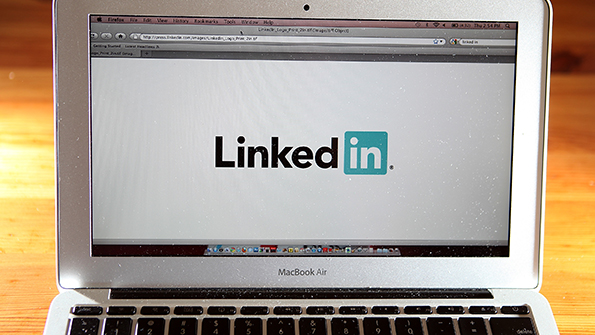
The Treasury Department will stop allowing employers to offer some retired employees lump sum buyouts of their defined pension benefits. Traditional pensions are designed to give retirees income for life, but many corporations looking to “de-risk” their balance sheets of the future liabilities offer retirees a lump sum as opposed to payments in perpetuity. The pension rights center said these lump sum offers caused elders “anxiety and confusion” as many don’t realize they are usually better off with the annuitization. The new rules forbid lump sum offers to those already getting pensions, but leave open options for current workers not yet receiving the benefit. Defined benefits like these are increasingly rare in the workforce as more companies shift the retirement savings burden to the employees with defined contribution plans like 401(K)s.
Tech Taxes Create Advisor Opportunity

Though tech entrepreneurs have the potential to become extremely wealthy if their startup takes off or gets acquired, founders regularly fail to address the tax implications when they cash in. One method of softening the blow is to transfer the appreciation of the tech company to loved ones rather than the IRS. Another method is to incorporate certain types of retirement plans that makes the growth in the company tax free for the founders and staff. “Using qualified retirement plans and other advanced planning bright line tax strategies to get this result necessitates a trade off between current income and future gains,” said Frank Seneco, president of Seneco & Associates. Seneco added that though these strategies are complex, it could be worthwhile for certain entrepreneurs and be an opportunity for a skilled advisor.

How do wealthy investors use social media as compared to everyone else? A new Spectrem study says mass affluent investors (those with a net worth of $100,000 to $1 million) are heavy Facebook users (67 percent), with 38 percent on LinkedIn, 33 percent on YouTube and only 16 percent on Twitter. Ultra high net worth investors, with more than $5 million in investable assets, however, less interested in tweeting, as only 11 percent have a Twitter account, but slightly more invested in LinkedIn, with 42 percent using the network. They are also far less interested in Facebook (50 percent) and YouTube (27 percent).

An overwhelming majority (over 90 percent) of advisors are on LinkedIn, according to WealthMangement.com’s All-Channel Benchmarking survey. But Steve Cody, founder of media relations firm Peppercomm, writes on Inc. that there’s a dark side to the professional social media network, and that is an increase in invitation requests from spammers. Forbes contributor George Anders did a deep dive into fake LinkedIn connections by tracking down the origins of a suspicious connection request. To avoid these missteps, Cody recommends looking for brand names and asking colleagues if they’ve heard of the contact before accepting the invite. You can also use google images to check if the picture associated with your supposed new contact is legit. If all else fails, don’t be afraid to edit your connections regularly to purge any bad connections.

